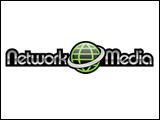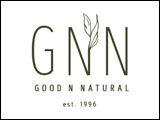The general manager of Manitoba Pork is urging the U.S. government to consider alternative options to COOL for providing product information to consumers.
U.S. Mandatory Country of Origin Labelling, introduced in 2009, was intended to provide consumers with detailed information on the origin of a range of food products including pork and beef.
Earlier this week the World Trade Organization ruled changes made to the legislation in May 2013 failed to bring the law into compliance with United States’ international trade obligations.
Andrew Dickson, the general manager of Manitoba Pork, notes U.S. pork and beef industries have opposed COOL since it’s inception.
This legislation started way back in 2002.
All these organizations have said they’re against COOL and there’s other ways of achieving this ability to label products so they can provide more information to consumers in the market place.
There’s coalitions of processors, retailers, a variety of farm organizations other than just the pig and beef ones have come to the floor on this matter and even the American Chamber of Commerce is coming out and saying it’s time to move on, solve this issue.
The U.S. has got important trade links with Canada and the United States, retaliation is bad for business and it’s just simply time to get this thing finalized and let’s deal with more important matters that will enhance the economies of all three countries.
We’re not say the consumers shouldn’t have information.
There’s various ways of going about that and Canada and Mexico have made proposals to the U.S. about how this might be done and there’s groups within the United States have made all kinds of suggestions how this could be achieved.
Dickson applauds the federal government’s role in representing Canada’s interests on this issue at the World Trade Organization, particularly the ministers of trade and agriculture and staff and trade lawyers who have been working to get this matter resolved.



